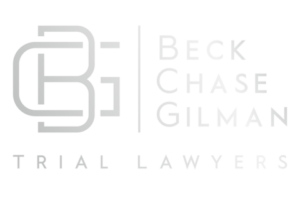Home » Personal Injury » Premises Liability
Premises Liability
Landowners generally owe a duty to maintain their property in a reasonably safe condition for those who visit it. The extent of that duty depends on whether the person entering the premises is a trespasser, licensee, or invitee.
At one end of the spectrum is a trespasser, who enters property without permission at his peril. A landowner owes no duty to a trespasser except to avoid deliberately or willfully injuring him.
A licensee is a person who has the possessor’s consent to be on the property, including social guests. The possessor is only liable for physical harm caused a condition on the land if (a) the possessor knows or has reason to know of the condition, should realize that it involves an unreasonable risk of harm to licensees, and should expect that they will not discover or realize the danger; (b) he fails to exercise reasonable care to make the condition safe, or to warn the licensees of the condition and the risk involved; and (c) the licensees do not know or have reason to know of the condition and the risk involved.
The greatest duty is owed to a business invitee—one who is welcomed to the premises for a purpose directly or indirectly connected with business dealings with the possessor of the land. A business owner is liable to an invitee for an unsafe condition on the premises if the condition was caused by the proprietor or his employees or the proprietor had constructive notice of the unsafe condition. The proprietor has an affirmative duty to inspect for dangerous conditions and make such repairs, safeguards or warnings as may be reasonably necessary for the invitee’s protection under the circumstances. In Washington, a business owner also has a duty to protect invitees from reasonably foreseeable criminal conduct by third persons.
Ultimately, landowners who fail to take reasonable steps to protect their guests may be responsible for the physical harm that results. Sometimes that can be a serious injury or even death. Premises liability actions are also interrelated with complex insurance issues, including under commercial general liability policies or homeowners/renters’ policies. If you’ve been harmed by a dangerous condition or criminal activity on someone else’s property, you may want to consult with an attorney about your options.


